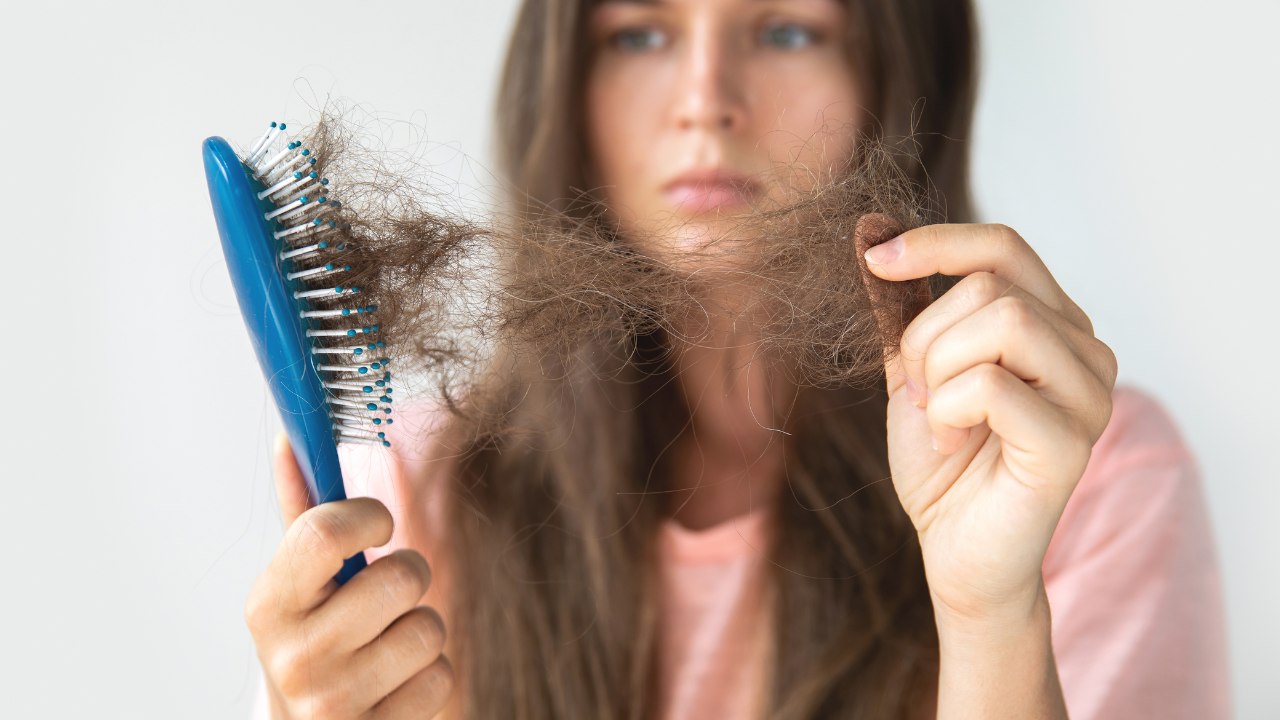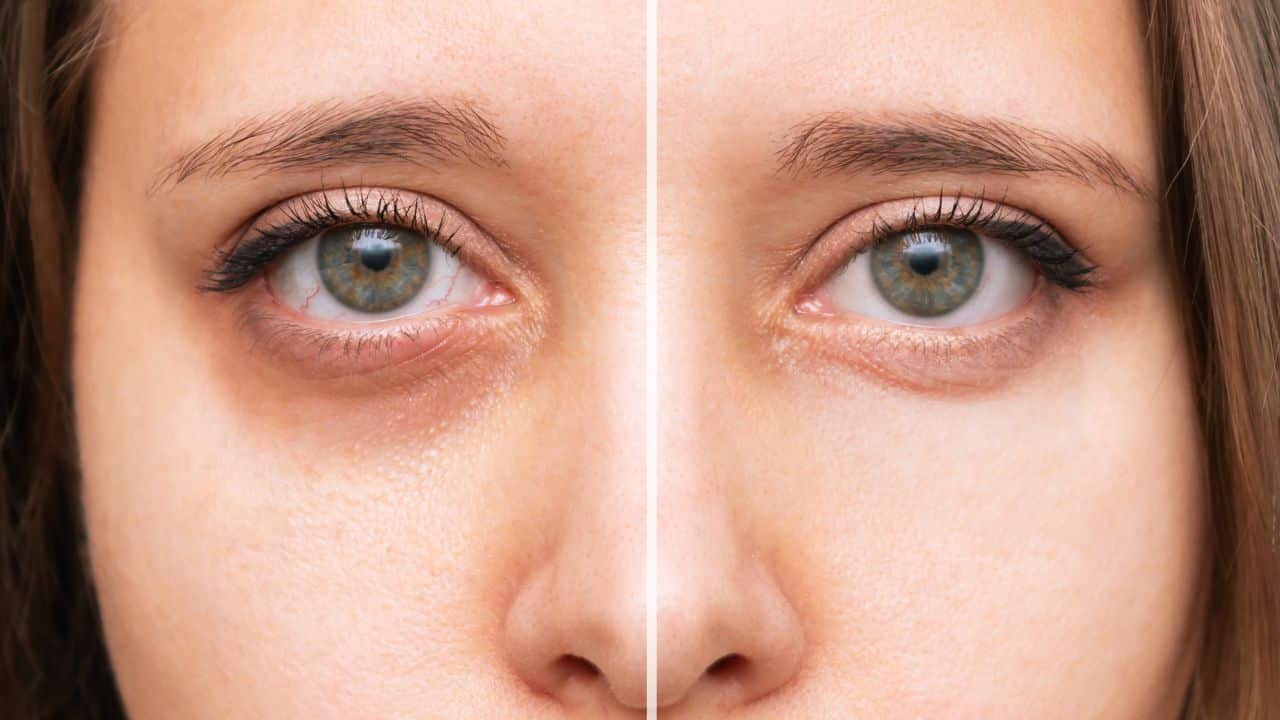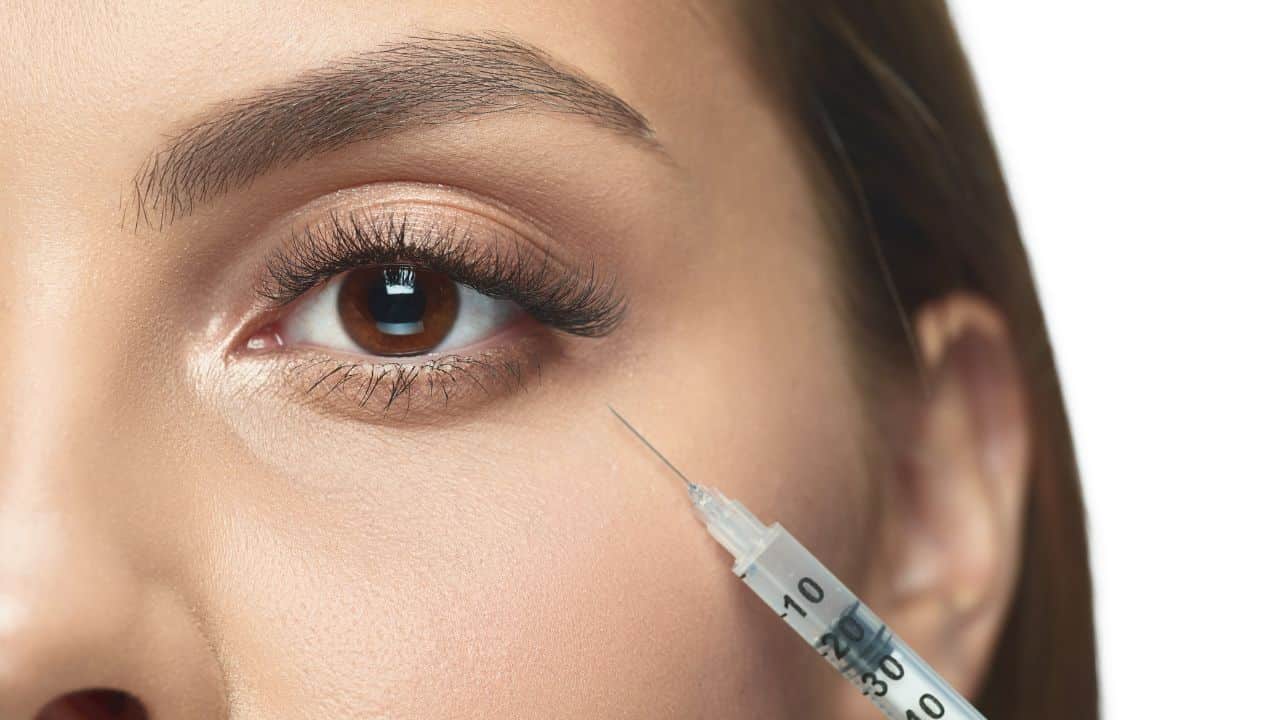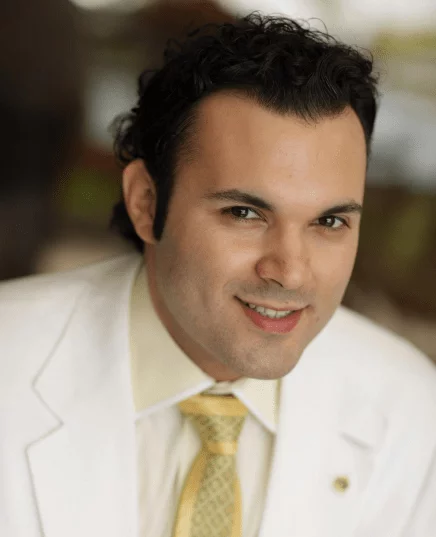You brush your hair and notice an unusually large ball of hair in your brush. Or perhaps you spot a bald patch on your scalp while styling your hair. Unexpected hair loss can be alarming yet dismissed as just a cosmetic nuisance.
However, sudden thinning or shedding hair may signal deeper health issues for residents of high-stress cities like Los Angeles. This comprehensive guide examines the potential connections between hair loss and complex conditions like thyroid disorders, autoimmune diseases, nutritional deficiencies, and hormonal imbalances.
Gain insights on recognizing unusual hair loss patterns, accompanying symptoms to watch for, and when to seek medical advice. We also explore the strong ties between stress, mental health, and hair loss, along with lifestyle changes and treatment options.
Understand how to differentiate benign hair loss from that associated with systemic disease and safeguard your hair health and overall wellness.
Hair Loss as a Symptom: When to Be Concerned
Hair loss, mainly when sudden or paired with other symptoms, can signify something more serious. It’s a signal from your body that shouldn’t be ignored.
Understanding when hair loss is just a cosmetic concern and when it’s a symptom of a deeper health issue is critical to ensuring your overall well-being. If you experience unusual hair loss, it’s wise to consult a doctor for a thorough physical evaluation.
Hair Loss Beyond the Surface
While often attributed to genetics or aging, hair loss can sometimes be a window into one’s overall health. It’s important to realize that hair loss can be a symptom of any underlying health condition in some cases, especially when it’s sudden or atypical.
This aspect is particularly vital for residents of Los Angeles, where lifestyle factors and environmental stressors can also influence hair health.
Recognizing Unusual Hair Loss
Typical hair loss due to genetics or aging is generally gradual. However, it’s time to look deeper if you notice sudden, significant hair thinning or bald patches. For those in the Northern Hemisphere, where diverse health issues prevail, such rapid changes in hair condition should not be ignored.
Accompanying Symptoms to Watch For
Be observant of other symptoms accompanying your hair loss. These could include:
- Fatigue or tiredness beyond the usual.
- Sudden changes in weight (loss or gain) without apparent reason.
- Skin or nail color and texture changes could indicate a broader dermatological issue.
- Gastrointestinal issues like persistent upset stomach or changes in appetite.
- Unexplained aches, pains, or fevers.
Hair Loss and Systemic Health Issues
Sometimes, hair loss can indicate a sign of systemic health issues. Conditions like thyroid disorders, autoimmune diseases, or hormonal imbalances often manifest symptoms, including changes in hair quality and quantity.
The Importance of Timing and Pattern
The timing and pattern of your hair loss can be telling. For instance, hair loss following pregnancy or significant surgery is often temporary and linked to stress on the body. However, patchy hair loss might indicate an autoimmune condition like alopecia areata.
Stress: The Invisible Culprit
In a high-paced environment like Los Angeles, stress is present daily in many health issues, including hair loss. Stress can trigger conditions like telogen effluvium, where more hairs than usual enter the resting phase and fall out.
Environmental Factors in Los Angeles
Los Angeles residents should also consider environmental factors like pollution, sun exposure, and diet, which can indirectly affect hair health. These factors might exacerbate underlying health issues, contributing to hair loss.
Severe Health Conditions Linked to Hair Loss
Recognizing hair loss as a potential symptom of these severe health conditions is vital. Understanding these connections is critical to early detection and treatment for individuals in North America.
Thyroid Disorders: A Common Culprit
Thyroid disorders, including hypothyroidism and hyperthyroidism, are frequent causes of hair loss. The thyroid glands play a crucial role in regulating your metabolism, which includes hair growth.
An overactive or underactive thyroid disrupts this balance, leading to hair thinning or loss. Hypothyroidism often causes hair to become dry and brittle, while hyperthyroidism can cause hair thinning across the scalp.
Autoimmune Diseases and Hair Loss
Autoimmune diseases like lupus can lead to hair loss as the body’s immune system mistakenly attacks healthy tissues, including hair follicles. This can result in hair thinning or, in more severe cases, alopecia areata, where hair falls out in small, round patches.
These conditions can be challenging to diagnose, as other non-specific symptoms like fatigue and joint pain often accompany hair loss.
Scalp Infections: More Than Just Irritation
Various scalp infections can also lead to hair loss. Conditions like fungal infections (like ringworm) and bacterial infections can cause inflammation and scarring on the scalp, disrupting hair growth.
The hustle and bustle of urban life in cities like Los Angeles can increase exposure to pathogens, making awareness and timely treatment essential.
Nutritional Deficiencies: The Role of Diet in Hair Health
Nutritional deficiencies are a significant but often overlooked cause of hair loss. A diet lacking essential nutrients like iron, protein, zinc, and specific vitamins can lead to hair thinning.
This is particularly pertinent in health-conscious metropolises, where dietary trends and restrictions are common. For example, if not carefully managed, strict vegan or low-protein diets can result in insufficient nutrient intake, impacting hair health.
The Impact of Hormonal Imbalances
Hormonal imbalances, such as those occurring during menopause or as a result of polycystic ovary syndrome (PCOS), can lead to hair loss. Changes in estrogen and testosterone levels can weaken hair follicles, resulting in hair thinning or loss, a concern for many middle-aged women.
How These Conditions Cause Hair Loss
The way these conditions cause hair loss can vary. Thyroid disorders and hormonal imbalances often lead to diffuse hair thinning across the scalp.
In autoimmune diseases, the body’s immune response directly targets hair follicles, while scalp infections can damage the scalp’s skin, leading to temporary or permanent hair loss. Nutritional deficiencies affect the hair growth cycle, often leading to a slowdown in hair production.
Treatment Options and Lifestyle Changes for Hair Loss
The treatment approach becomes multifaceted when hair loss stems from severe health conditions. It’s about addressing hair loss and treating the underlying health issue. Here’s a brief overview of the treatment options:
- Thyroid Disorders: The primary treatment for hair loss due to thyroid issues is medication to regulate thyroid function. Once the thyroid levels are balanced, hair health often improves.
- Autoimmune Diseases: Treatments like lupus or alopecia areata may include corticosteroids and immunosuppressive drugs to reduce inflammation. These can help slow down the immune response, causing hair loss.
- Scalp Infections: Antifungal or antibiotic treatments are effective for scalp infections. Once the infection is cleared, hair growth usually resumes.
- Nutritional Deficiencies: Addressing dietary gaps is crucial. Supplements and a balanced diet enriched with essential nutrients can significantly improve hair health.
- Hormonal Imbalances: Treatment might involve hormone replacement therapy or medications to balance hormonal levels, which can help mitigate hair loss.
Lifestyle Changes for Enhancing Hair Health
In addition to medical treatments, lifestyle modifications can play a significant role in improving hair health, especially for residents of Los Angeles:
- Balanced Diet: Incorporate a diet rich in proteins, vitamins (like biotin, vitamins A, C, and D), minerals (especially iron and zinc), and omega-3 fatty acids. These nutrients are essential for hair growth and strength.
- Stress Management: Given Los Angeles’s fast-paced lifestyle, managing stress is vital. Practices like yoga, meditation, regular exercise, or hobbies can significantly reduce stress levels.
- Healthy Hair Care Practices: Avoid tight hairstyles, harsh chemical treatments, and excessive heat styling. Use gentle, nourishing hair care products and protect your hair from harsh environmental elements like the robust Los Angeles sun.
- Adequate Sleep and Hydration: Ensure you get enough sleep and stay hydrated. These essential health habits have a direct impact on hair health.
- Quit Smoking: Smoking can exacerbate hair loss. Quitting smoking improves hair health and overall well-being.
- Regular Health Check-ups: Regularly monitoring your health, especially if you have a condition known to cause hair loss, can help in early intervention and effective management.
Diagnosis and Medical Consultation: Essential Steps in Addressing Hair Loss
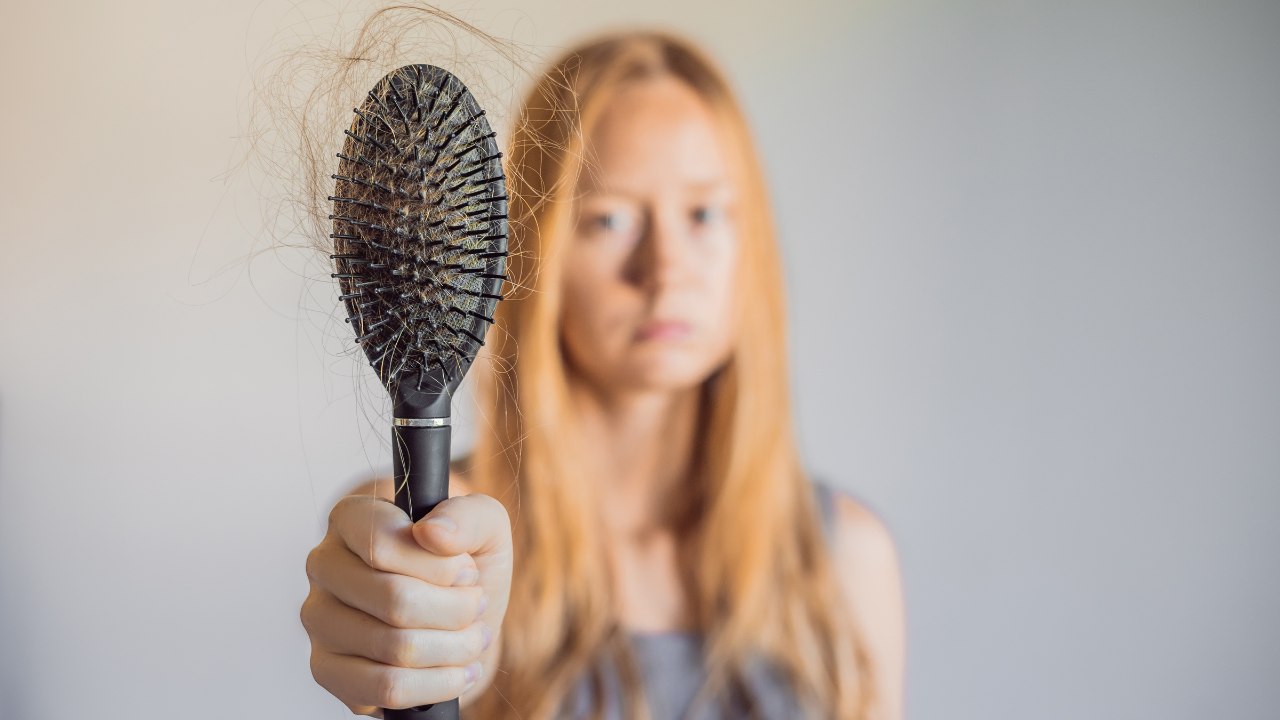
The Criticality of Professional Diagnosis
When you experience hair loss, particularly if other symptoms accompany it, consulting a healthcare professional is not only advisable but essential.
A professional diagnosis can help determine whether hair loss is due to a cosmetic issue or an indicator of a more serious health condition.
What to Expect During Your Consultation
During your initial medical consultation, expect a thorough hair loss evaluation. The healthcare provider will likely ask about the following:
- Your Medical History: This includes any chronic illnesses, recent illnesses, surgeries, or medications you’re taking. Details about your diet and lifestyle are also relevant.
- Family History of Hair Loss: Since some types of hair loss are hereditary, knowing your family history can provide valuable insights.
- Pattern and Duration of Hair Loss: The pattern (whether over your head or in patches) and how long you’ve been experiencing hair loss are vital details that can help diagnose.
- Other Symptoms: Be prepared to discuss other symptoms you might be experiencing, such as fatigue, changes in weight, or skin issues.
Types of Tests for Hair Loss Diagnosis
Your healthcare provider may recommend one or more of the following tests:
- Blood Tests: To check for deficiencies, hormonal imbalances, or signs of underlying conditions like thyroid issues.
- Scalp Examination: A close examination of your scalp to look for signs of infections or scarring.
- Hair Pull Test: Gently pull on your hair to see how many hairs come out. This helps in determining the stage of the shedding process.
- Biopsy of Scalp Skin: If conditions like a scalp infection or scarring alopecia are suspected, a small piece of scalp skin might be biopsied for closer examination.
- Trichoscopy: A dermatoscope magnifies and examines the scalp and hair follicles, providing detailed images that can help diagnose.
Preparing for Your Consultation
Before your appointment, consider:
- Make a list of all medications and supplements you’re currently taking.
- Preparing a summary of your medical history and any significant recent stressors or life changes.
- Noting any specific concerns or questions you have about your hair loss.
Role of Stress and Mental Health
Understanding the relationship between stress, mental health, and hair loss is crucial to both prevention and treatment.
Individuals can significantly improve their chances of maintaining healthy hair by acknowledging the impact of stress and mental health on hair health and taking proactive steps to manage stress.
Understanding the Stress-Hair Loss Connection
Stress is an almost inescapable part of life in the bustling, high-pressure environment of cities like Los Angeles. It’s crucial to understand how this stress, along with underlying mental health issues, can significantly impact hair health.
Stress can trigger a range of physical responses in the body, and one of the most noticeable effects can be hair loss. This happens due to the body’s natural reaction to stress, which can disrupt the normal hair growth cycle.
Telogen Effluvium: Stress-Induced Hair Loss
One common stress-related hair loss condition is telogen effluvium. This occurs when more hairs enter the hair growth cycle’s resting (telogen) phase, leading to noticeable hair shedding.
Telogen effluvium can be triggered by various stressors, including emotional distress, major surgery, severe illness, or even rapid weight loss.
Trichotillomania: The Compulsive Hair Pulling Disorder
Another condition linked to mental health is trichotillomania, a disorder characterized by the irresistible urge to pull out one’s hair. It’s often a coping mechanism for dealing with negative emotions or stress.
Trichotillomania can lead to noticeable hair loss and is associated with feelings of guilt and shame, creating a vicious cycle that exacerbates the condition.
The Impact of Chronic Stress
Chronic stress can also have a longer-term impact on hair health. Prolonged periods of stress can disrupt hormonal balances, leading to conditions like androgenetic alopecia or exacerbating existing hair loss issues.
In a high-stress urban environment, understanding and managing stress levels is crucial for maintaining overall health, including hair health.
Managing Stress for Hair Health
Incorporating stress management practices into your daily routine can positively affect your hair health. Techniques such as mindfulness meditation, regular exercise, adequate sleep, and a balanced diet can significantly reduce stress levels.
Additionally, seeking professional help for chronic stress or mental health issues is important for hair health and overall well-being.
Seeking Professional Help
For individuals experiencing hair loss potentially linked to stress or mental health issues, consulting with healthcare professionals is essential.
A proper diagnosis can help distinguish between different types of hair loss and ensure that the psychological and physical symptoms are addressed.
Final Words
Hairfall can sometimes be a harbinger of more significant health concerns. From thyroid disorders to nutritional deficiencies, stress-related conditions, and autoimmune diseases, hair loss can be a crucial indicator of your body’s internal health dynamics.
Remember, while hair loss can be distressing, it serves as a vital clue to your overall well-being. It’s a prompt to reassess your hair care routine and take a closer look at your general health. If you’re experiencing hair loss accompanied by other symptoms, contacting PRP Treatment Beverly Hills is imperative.
They can provide a comprehensive evaluation and guide you toward the appropriate treatment, ensuring that your hair and health are given the care they deserve. Your hair’s health reflects your overall health, and addressing it holistically is the key to a healthier you.

